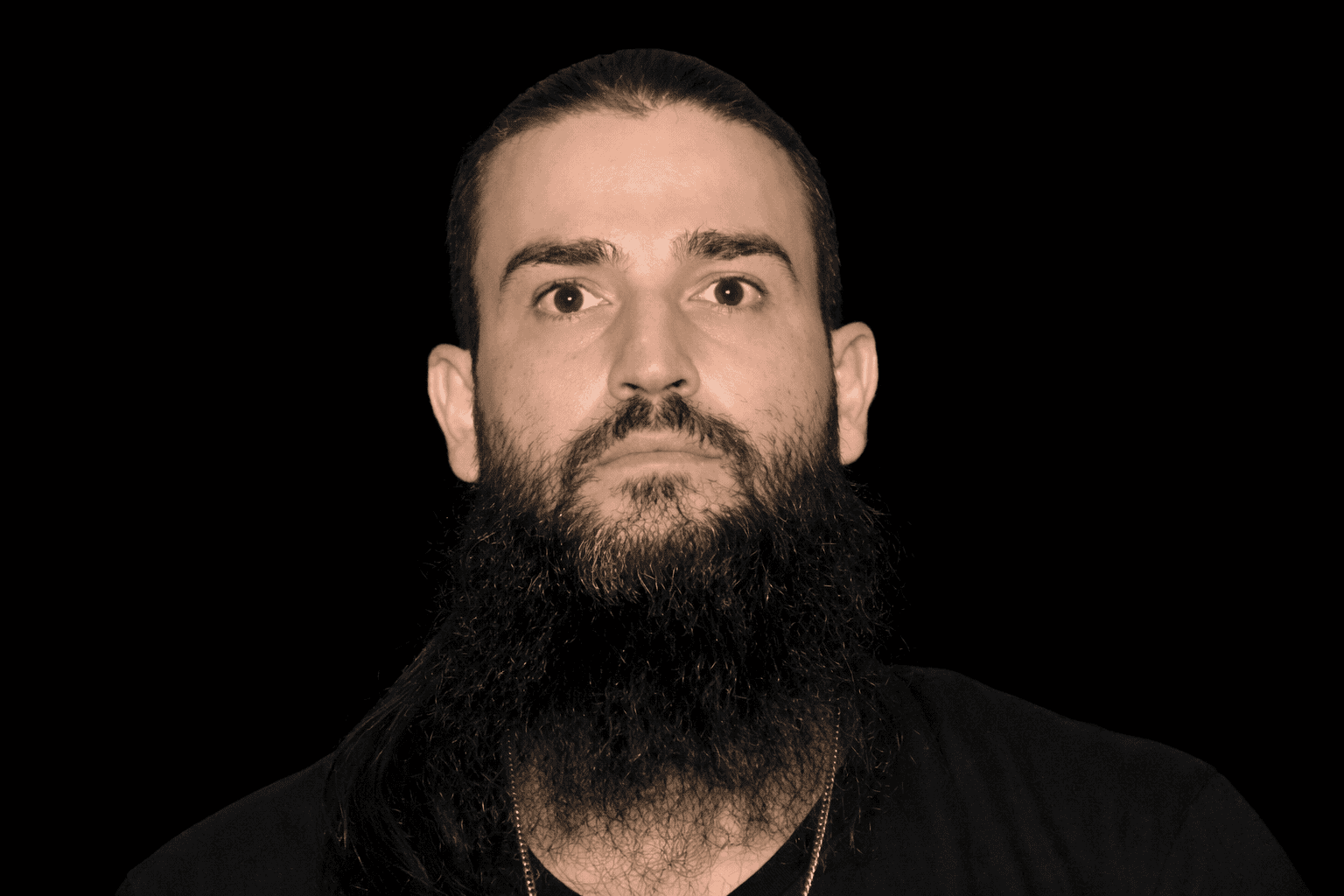Fab Four on Hold
Our health crisis has delayed a Beatles documentary intended to mark a 50-year anniversary.
In the latter part of the 1970s, I attended a Beatles event in Hammonton that consisted of a guest speaker, a proclaimed expert on the band, and a contest he had devised in which the winner walked away with a reel-to-reel tape of a rare, unreleased and unofficial Fab Four recording.
The only memory that remains from that evening is one question on the contest quiz: “What was the final concert the Beatles played?” The answer the speaker sought was the final show of the 1966 tour at Candlestick Park in San Francisco. My response had been the rooftop of the Apple building in London in 1969.
That response cost me the contest but, over the next 40-plus years, history has vindicated my answer. Now known as the rooftop concert, that final impromptu public performance on January 30, 1969 was the culmination of a project that began January 2 and involved filming the band rehearsing and recording new material and some old songs. In May 1970, a film and album from those sessions were finally released, each under the title Let It Be, an unintentional yet fitting epitaph for a band that wrote one of the most important chapters in music history.
The story behind Let It Be is not so much complicated as it is tangled. The album was recorded before Abbey Road but released after it. It announced its arrival prematurely in April 1969 with the George Martin-produced single “Get Back,” which was also the intended name of the album producer Glyn Johns would complete the following month. Although the Beatles nixed the release of that version of the album, acetate and tape copies wound up at several U.S. radio stations, including WBCN in Boston, which aired the tracks.
In January 1970, Johns undertook a second attempt at a Get Back album, adjusting it to align with the film for which it would serve as a soundtrack. That, too, was rejected and the master tapes turned over to mega-producer Phil Spector, who edited material and added what many felt was an offending choir and orchestra to “The Long and Winding Road” and several other tracks.
Spector included three performances from the rooftop concert and retained several other new compositions, snippets of dialogue, a portion of a jam and a folk song, all of which had appeared in some form on the second incarnation by Johns. This became the Let It Be album, and its 50th anniversary was to have been celebrated this week with the release of Peter Jackson’s new documentary, The Beatles: Get Back, which has promised to unveil unused footage from the January 1969 sessions, including the entire 42-minute rooftop performance as its conclusion.
With the current health crisis, however, that movie has been put on hold until next year along with any possibility of a re-release of the Let It Be film, which has never been officially available on DVD or Blu-Ray or screened over the last several decades. A book titled Get Back has been scheduled for publication this month, but there is no word about a CD release of outtakes.
For the intrepid, though, there are options. Let It Be…Naked is an official release from 2003 that reimagined the album with alternate takes and remixed and re-edited versions minus any strings or choirs. The set also contains a CD collecting some of the dialogue and discussions captured on the Nagra audio recording units by the filmmakers.
Like the contest prize at that 1970s Hammonton Beatles event, unofficial options exist as well. The WBCN broadcast of the Get Back album circulates among collectors as does the penultimate 83-CD set A/B Road, which contains the nearly 98 hours of music and conversation captured by the Nagra recorders throughout January 1969. Doug Sulpy and Ray Schwrighardt’s out-of-print book Get Back: The Unauthorized Chronicle of the Beatles’ “Let It Be” Disaster used those recordings to examine the infamous sessions that produced them.
But be forewarned—if you’re familiar enough with the official Let It Be album, these alternatives provide an historical perspective of how the album came to be, but they seem to fall short as a substitute for the 50-year-old release. By now, even the choir and orchestra can be forgiven











